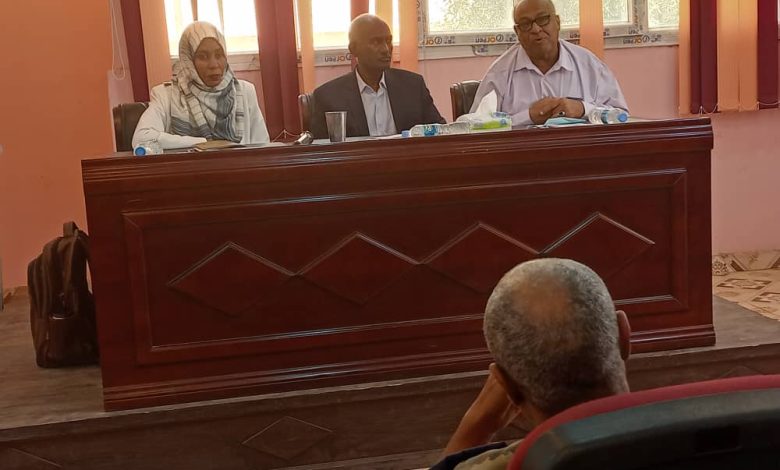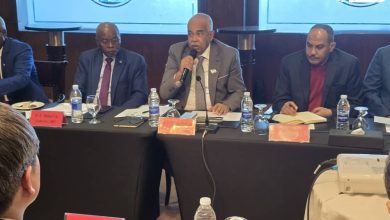Experts: Red Sea Cleanest and Most beautiful

Sudan Events – Nahid Oshi
Yesterday, Be’ati Organization held a communication session on the marine environment in the Maritime Agencies Union Hall in Port Sudan.
The Secretary-General of the Supreme Council for Environment and Natural Resources, Afrah Ahmed Abdul Wahab, confirmed the continuation of the Council’s efforts in light of the circumstances the country is going through. She said that the marine environment is a concern shared by many government institutions and civil organizations
Environmental expert Dr. Issa Mohammed Abdul Latif criticized the lack of real political will to guarantee the citizen access to all his rights, including environmental rights. The Council works to sustain environmental giving and develop environmental work institutions, as is the case in all countries of the world, pointing out the lack of environmental awareness, particularly with regard to the marine environment among citizens and some employees in institutions, in addition to the fact that a number of officials do not consult the relevant people regarding actions that result in environmental damage, such as construction and projects that do not meet environmental impact standards at the level of theory, studies and research.
Likewise, the international agreements related to environmental relations, which Sudan signed and ratified, do not find their way to project planners, nor do citizens know their rights and duties towards the environment. The participants underscored that the Red Sea is still one of the cleanest and most beautiful seas in the world, noting the lack of development, which requires the preservation and scientific development of its environments to attract investors in the field of tourism.
They said that pollution is the worst enemy of the environment, and the most dangerous is plastic pollution. Habitat destruction at sea has begun to increase recently, particularly cumulative pollution, which is difficult to address, considering that environmental imbalance means deprivation of resources. They pointed out that the terrestrial environment complements the marine environment in its ecosystem, which requires not neglecting it when working on the marine environment.
Meanwhile, the waste carried by flood water and rain poses a great danger to marine life, particularly since private mining activity is increasing greatly without real knowledge of its workers about the dangers of the materials used, such as mercury, cyanide, and other derivative materials.
They are required to organize cleaning campaigns for beaches, markets and residential neighborhoods.



